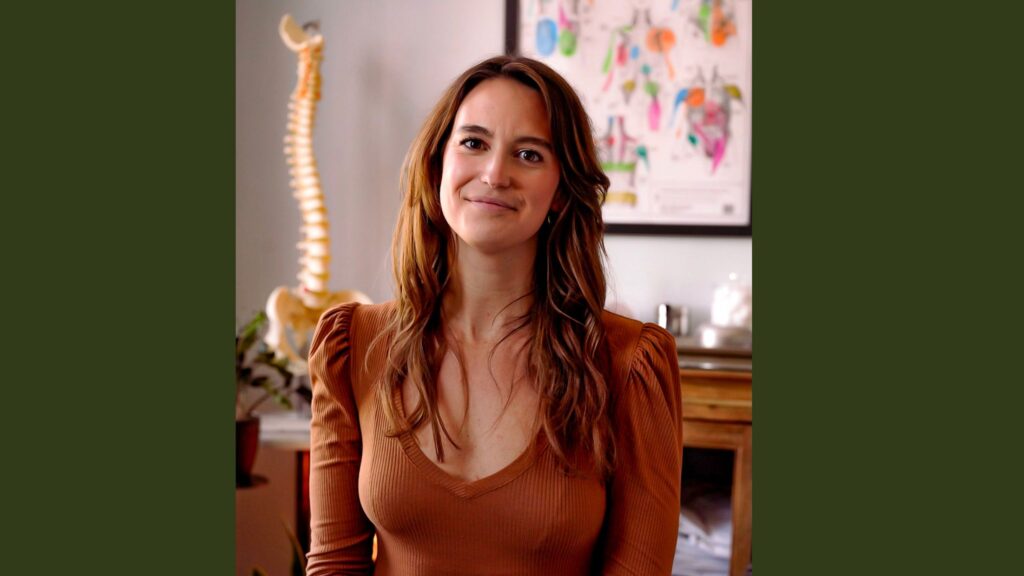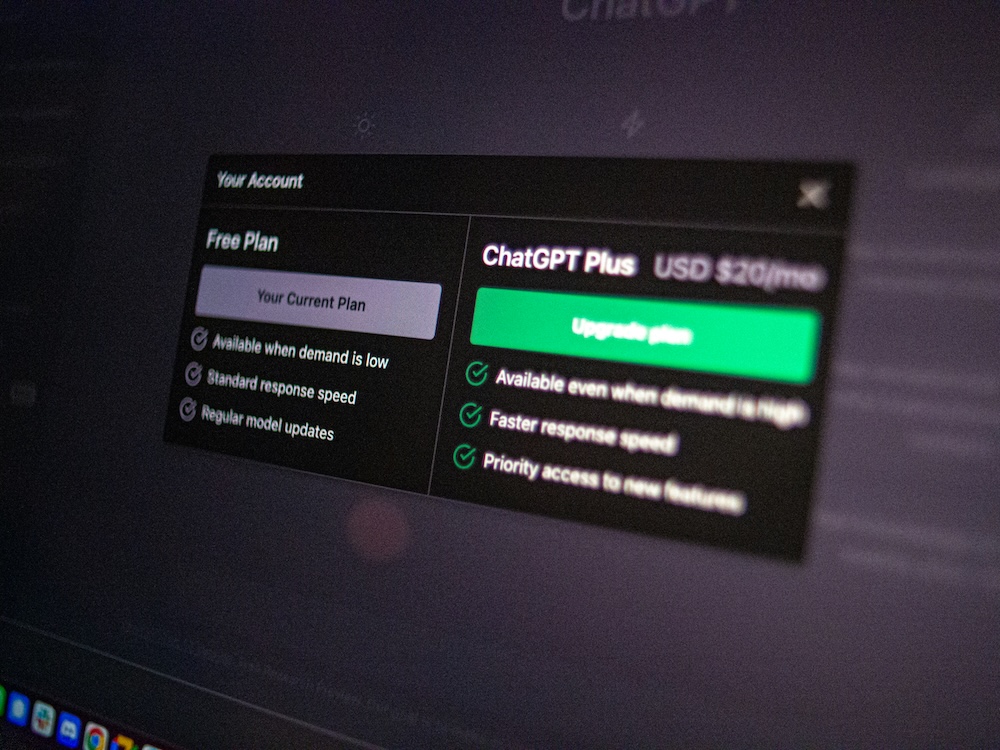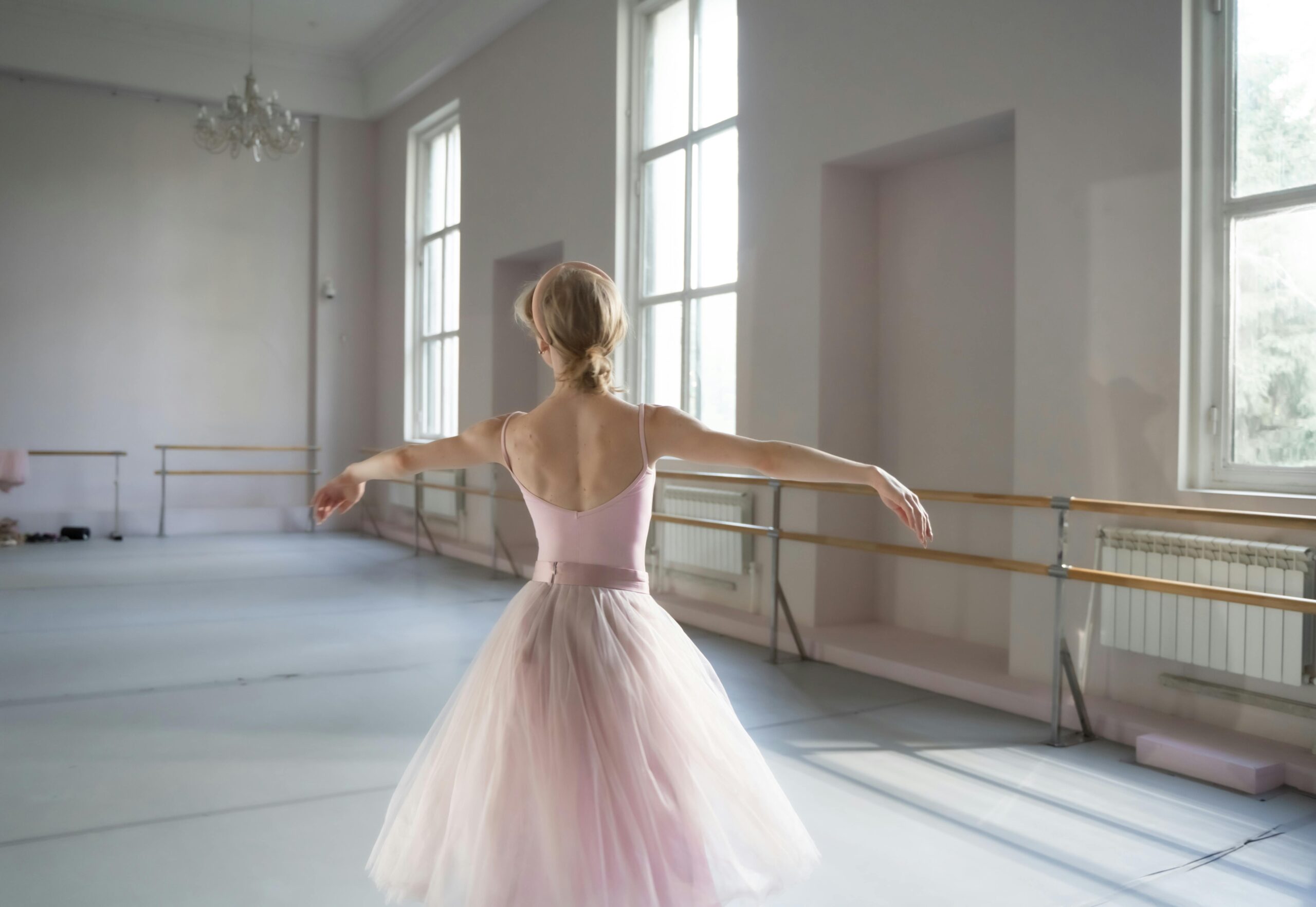(BOSTON, MA)– What is wellness? A $1.5 trillion global industry that is no stranger to controversies like accusations of “healthwashing” and gurus with cult-like followings preying on vulnerable people desperate to heal.
While scandals have riddled the wellness industry it doesn’t seem to be deterring consumers. McKenzie’s trend analysis report states that in 2024, “82% of US consumers now consider wellness a top or important priority in their everyday lives.” In another study, the NIH reports a 17.5% increase from 2002 to 2022 in patients seeking complementary health approaches, including acupuncture, yoga, meditation, and more.
Join host Félicie Jungels in conversation with Madeline Cunningham, a licensed acupuncturist based in Boston, as they explore the increasing popularity of acupuncture as an alternative healing method. Learn about social media’s role and dangers regarding alternative healing methods as well as why acupuncture has emerged as a sought-after solution for individuals needing answers about their health.
TRANSCRIPT
Felicie Jungels: There’s a new trend in alternative medicine. More people are getting acupuncture. They’re seeing practitioners like Madeline Cunningham, a licensed herbalist, acupuncturist, and functional healing practitioner, who’s been practicing in Boston for the last four years.
Cunningham became an acupuncturist after suffering from burnout at her high-stress hedge fund job seven years ago. She tried the prescription medication recommended by doctors, but it didn’t seem to help. That’s when she decided to try alternative healing methods like cupping and acupuncture.
Madeline Cunningham: I started to be able to feel my emotions in a way that felt more tolerable and connected to my body a little bit more.
Felicie Jungels: Her experience as a patient led her to a career change. She went to school for three and a half years in Texas and moved back to Boston to start her own practice. She noticed that most of her patients are women.
Madeline Cunningham: I thought it was going to be more women in their thirties to fifties, but I’m seeing a lot of women, even college-age, early twenties, late teens, really starting this process, which has been so surprising to me and so cool to work with them.
Felicie Jungels: What are people looking for when they come to you specifically?
Madeline Cunningham: When people come to see me, it’s always, it’s always word of mouth. And it is usually someone who’s experiencing something strange. And someone says, I don’t know, you should go see Maddie. So, she’ll probably figure it out!
Felicie Jungels: People are coming to see Cunningham because they haven’t found solutions with Western medical approaches.
Madeline Cunningham: It tends to be symptoms that aren’t necessarily found in a diagnosis. Not that I can diagnose and treat, but things that are more subclinical, people who have autoimmune issues, hypofunctioning thyroids, it’s more internal medicine based, than pain.
Felicie Jungels: Recent studies show that in the last 20 years, there’s been an increase in patients using acupuncture complementary to their doctor’s medical advice. What do you think is the reason behind that?
Madeline Cunningham: The common theme is that people are pretty unsatisfied with their primary care physicians and the answers that they have for them. What I’m seeing, and especially in my patient population, is patients are really advocating for themselves. They really want to understand what’s going on with their health.
They want additional testing. They want comprehensive testing. They want their physicians to really work with them to understand what is happening in their health. And I think that there’s such an increase in knowledge due to social media, due to just the access of information that people have, that people now know they can get the answers.It’s just what avenue are they going to go through it with?
Felicie Jungels: Well, that kind of supports the idea, you know, that social media is having a huge play on spreading the word about acupuncture. That goes into one of my theories that in the last 20 years, social media has also blown up, which is probably also why people are getting their information.
Madeline Cunningham: Absolutely.
Felicie Jungels: But what, what’s the negative, if any, impact that social media might have on acupuncture?
Madeline Cunningham: Yeah, that’s a good question. I mean, I will say my entire practice is based on word of mouth. A large part of that has to do with social media and patients sharing their experiences and how they feel. And it’s really beautiful to witness.
Felicie Jungels: Even if social media has its perks, Cunningham also recognizes its drawbacks.
Madeline Cunningham: The negative side can be that anyone can say anything on social media and it’s not necessarily education backed data-driven and as long as that person has some kind of established authority in some way or some kind of audience, you know, you can really sway opinions that way.
And I don’t think that people do this in any sort of malice way. They’re sharing what worked for them, but we know that that may not work for the general population. And we know that some of the things that they’re suggesting might be harmful to people.
And I think this is where we see a lot of people try to do it themselves, and I’m all for people taking accountability of their health, but with some things you really do need a trained professional to work with you to do this.
That’s the value of working with someone, and I think that there can be some danger that people try to go down this road on their own, not knowing what they’re looking out for or what they need to be mindful of before embarking on a journey.
Felicie Jungels: So what should they look for in a trained professional to make sure that they’re going to the right person? Or like, I guess on social media, what should they be looking out for to make sure that they’re not getting misinformation or biased information?
Madeline Cunningham: Absolutely. Any kind of credentials. I mean, I’m a licensed acupuncturist. I have a lot of trainings in functional medicine as well. Those are all listed after my name. And I am not a believer that you need a credential to be an expert in your field. But if you don’t have those credentials, I definitely want a word-of-mouth referral.
Felicie Jungels: What do you think is the future of acupuncture? Like where is it heading towards?
Madeline Cunningham: I’m really hopeful that acupuncture will continue to be recognized for as valuable as it is. What I will say is: that the tide seems to be really turning in healthcare in general, that patients are much more strongly advocating for themselves. They are wanting to understand their health. They are really coming to their physicians needing answers.
And if you are a person in that camp right now, I am hopeful for the future of medicine that it will change. But know, at this moment, there are practitioners that can help you find the answers that you’re looking for. You may just have to go a little bit of an unconventional route to get there.
Felicie Jungels : That was Madeline Cunningham, licensed acupuncturist, herbalist, and functional healing practitioner. You can find her on Instagram at @madscunningham.


